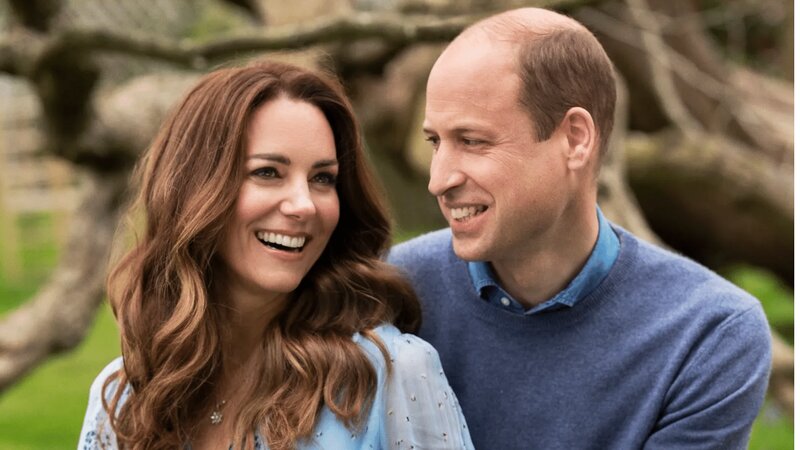Prince William is about to break with years-old traditions when he finally assumes the monarchy from his father, King Charles, according to royal expert and commentator Angela Levin.
In an interview with GB News, Levin analyzed the significant changes he anticipated under William’s reign, emphasizing his modern approach to royal duties and family life. One notable change is William’s stance on his son, Prince George, and his military service.
When asked if George, second in line to the British throne, would follow the tradition of serving in the armed forces, Levin responded: “This is very interesting because Prince William doesn’t necessarily want George to do that. He does not consider it necessary.” And he added: “It’s such a big stamp on The Royal Family. They are the head of the army, so what would they do without it? I find it very difficult.”
Levin also highlighted the differences in religious commitment between William and his father, King Charles. “He is not religious. He goes once or twice a year,” he noted. “But he doesn’t have the same passion as Charles. I think he could be a very changed Royal Family.”
The expert’s comments suggest that William’s reign could usher in a new era for the monarchy, one potentially less tied to traditional expectations and more reflected in contemporary values.
William’s approach to his son’s possible military service and his own religious practices indicate a shift toward a more modern and perhaps more flexible monarchy. This perspective aligns with the evolving role of the royal family in a rapidly changing world.
Levin’s ideas offer a vision of the future of the British monarchy, hinting at a leadership style that prioritizes personal choice and modern relevance over long-standing conventions. As William prepares for his future role, it is likely that his decisions will continue to shape and redefine what it means to be a modern monarch.
These anticipated changes under William’s future reign reflect a broader trend within the royal family to adapt and remain relevant in the 21st century. By potentially breaking with certain traditions, William could pave the way for a closer and more progressive royal family, aligning itself with the expectations and values of younger generations.

